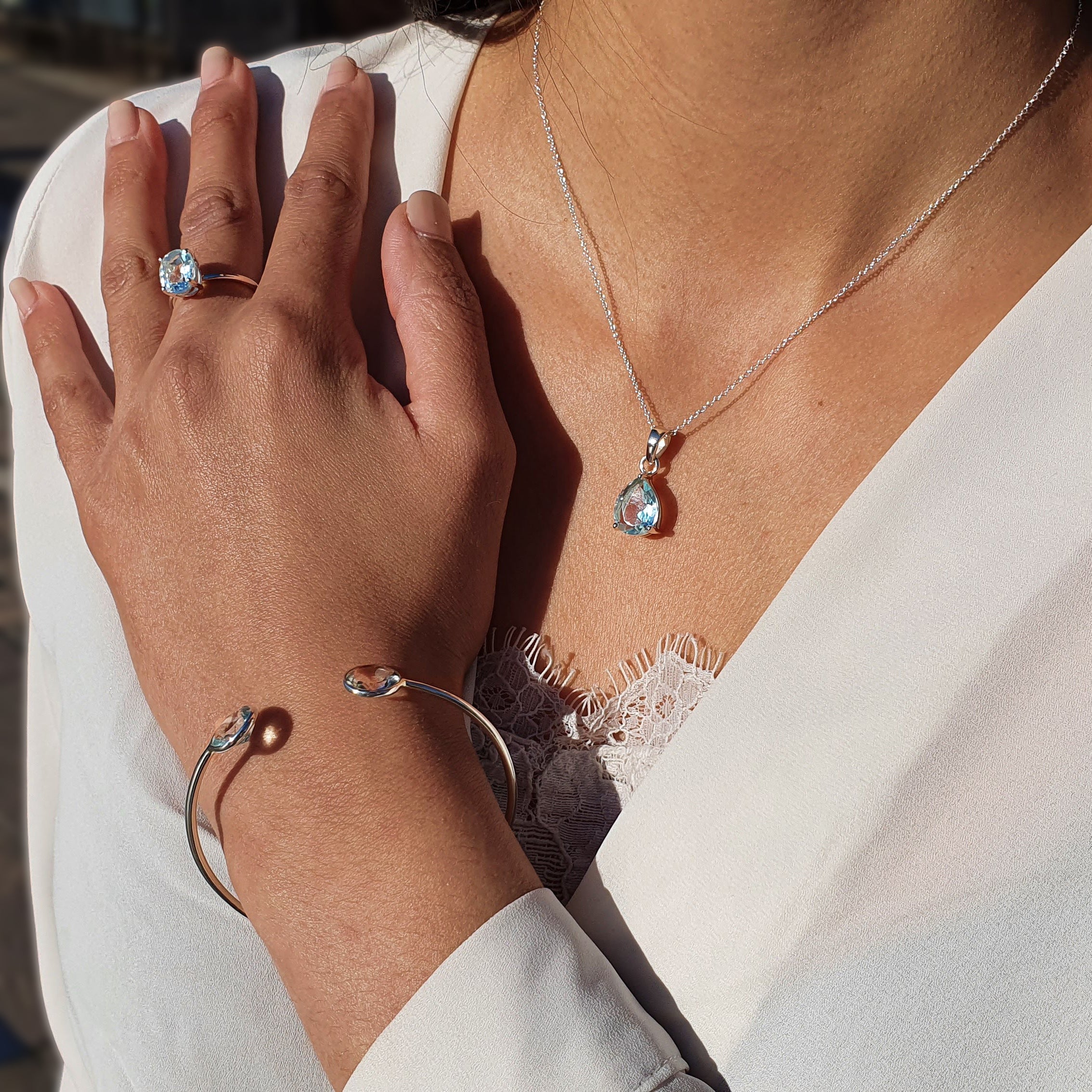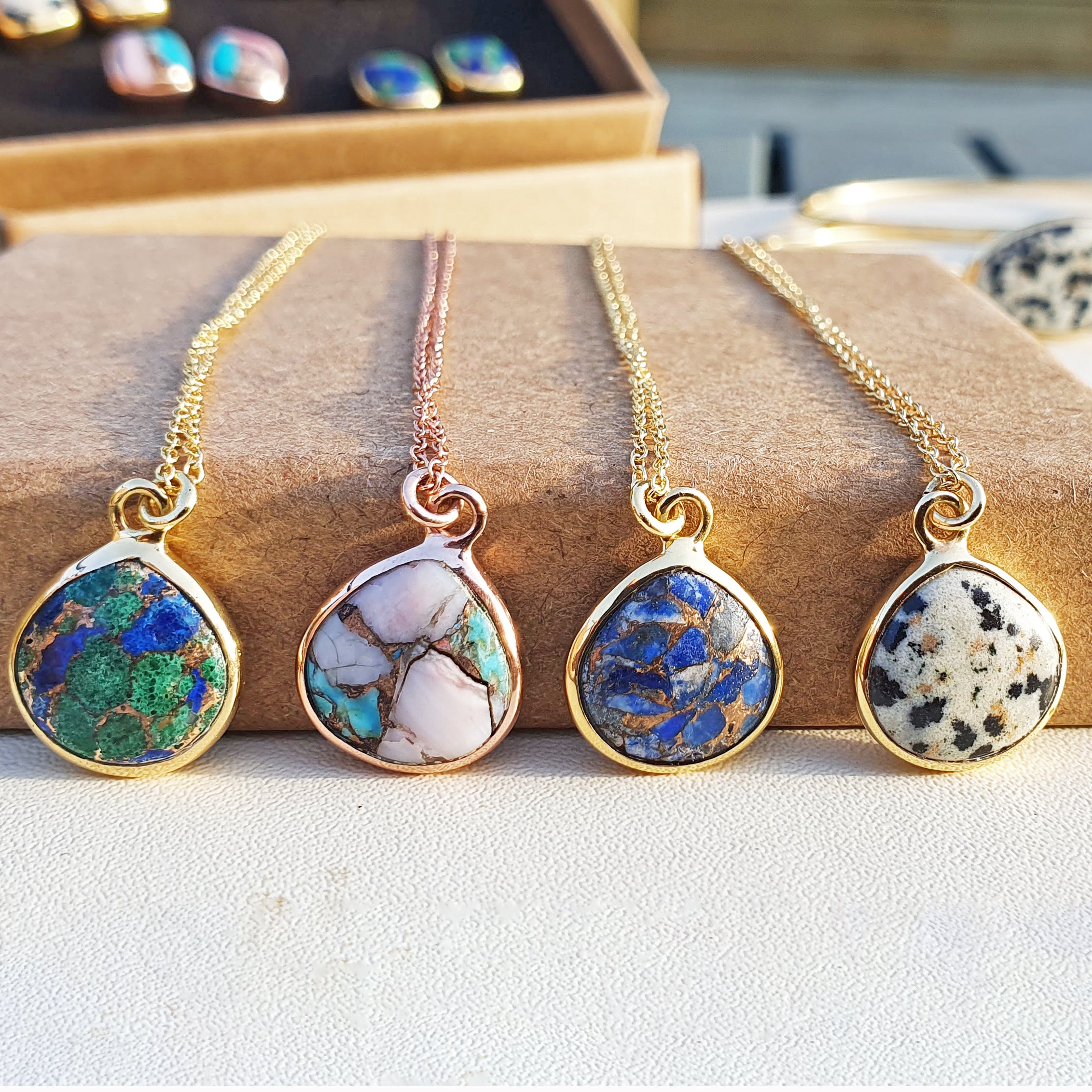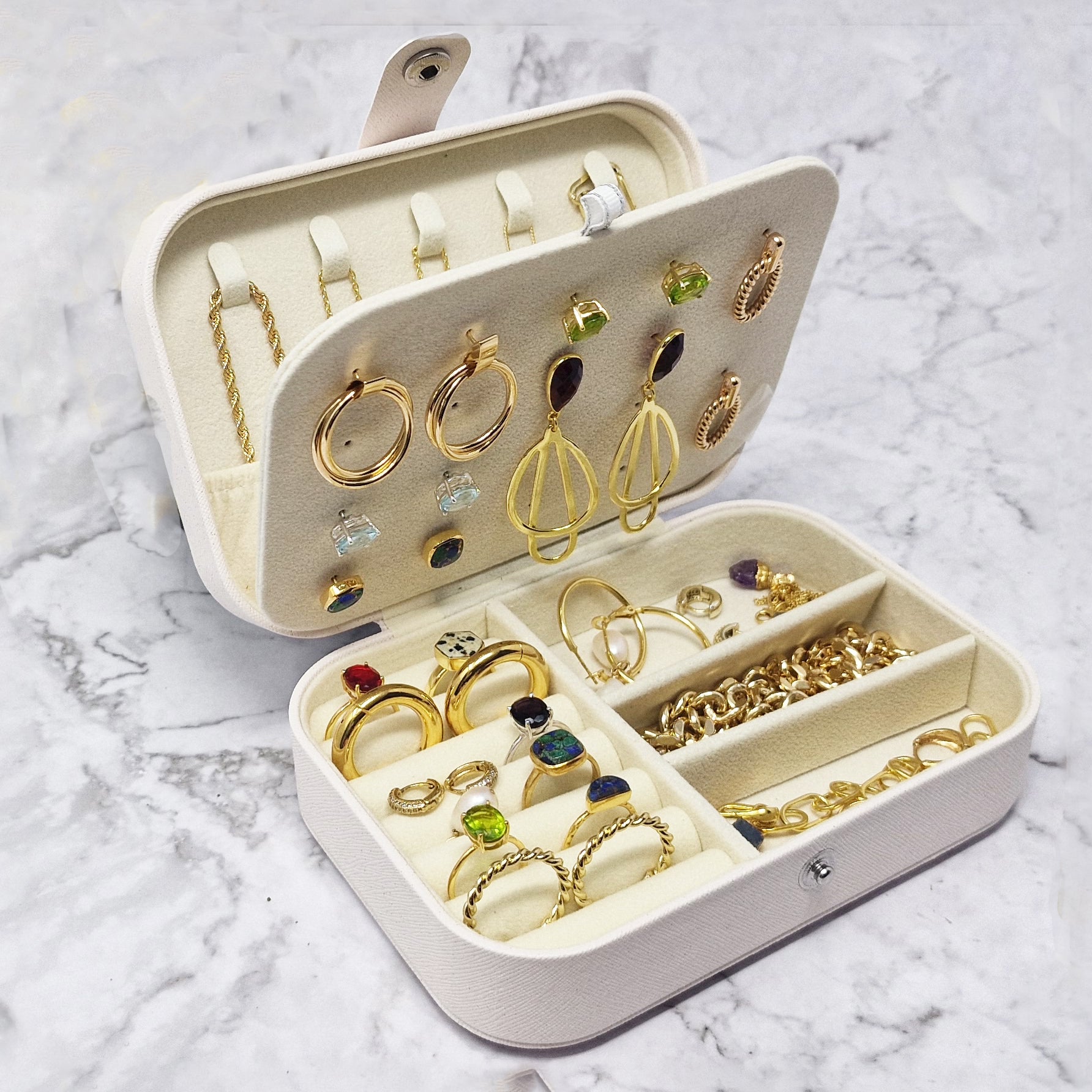Artisan Co-operatives - Supporting The Makers And Transforming Communities
What is an Artisan Co-operative?
They are a community of artisans, primarily women, who pool together to share all the administrative costs as well as all the profits. The workers run the businesses collaboratively, cumulatively deciding on what to make, how to make it and how much to sell it for. They can product anything from leather goods and textiles to cosmetics, ceramics and Berber rugs.
Here is Abdul, one of our artisan partners, discussing Artisan Co-operatives from his shop in Fez:
What are the benefits to the artisans in being part of the co-operative?
Prior to joining a co-operative most of the members would have worked by themselves, producing their goods in their own home. They would then head to the markets to sell their goods to local businessman; mostly middlemen who would simply buy and sell on at a mark-up. Given that the price for the artisans work was often very low and their isolated location meant there was little to no other direct market for their goods many were unable to sustain a living. With very little education and high rates of illiteracy and innumeracy this would leave them with very little choices.
By joining a co-operative and removing the middleman the artisans are able to regain independence and control over how operations are run. Their earning potential is vastly increased as they can set their own prices, reduce running costs and increase the market for their products. A manager is often appointed to make the business decisions to allow the artisans to do what they love and do best, creating beautiful handmade goods.
How can you tell the difference between an artisan co-operative and other organisations?
The word “co-operative” is a commonly used buzzword as many resellers use it to enhance their marketing efforts. In places such as Marrakech, the unwritten middleman economy is a staple of the business culture as there are commissions involved in almost every transaction. It is not bad practice per se but a social phenomenon that has developed naturally as locals seek to help each other out. It does, unfortunately, adversely impact the makers as every extra penny for the middlemen is a penny taken from their pockets.
As a newcomer it can be a difficult path to navigate. Generally there are a few key indicators of a genuine co-operative: the prices are fixed, they are not overly salesy or pushy, they are happy to engage in conversation about how the products were produced and often there are one or two artisans actively working in the store itself. The only way to truly be sure that the cooperatives is authentic, however, is to ask them to show you the artisans at work which they are usually more than happy to do.
Why does Harfi choose to partner with co-operatives?
There are two main reasons that Harfi chooses to partner with co-operatives. Firstly, by working directly with the makers themselves we have assurance of high quality as we can oversee the whole process from start to finish. We can handpick the materials, collaborate with them on the design process and know that each product has been lovingly handmade by a talented artisan, who more often than not has dedicated their entire life to their craft. Secondly, as we are able to remove the costs of the middlemen we are able pay the workers a fair price for their time and expand the market for their product.
In what ways will Harfi benefit the artisan co-operatives?
Primarily through employment and security. Co-operatives are at the mercy of demand which can often lead to unfairly cheap prices, a lack of security and even unemployment for the artisans in low periods. By placing large orders on a regular basis Harfi can offer the artisans consistent work and fair compensation so they are able to sustain a better standard of living. To put it into perspective, it can take an artisan two weeks to produce one litre of argan oil, many hours to produce just one throw, basket or bag and over a month to produce just one rug so small increases in demand can make a huge difference to their lives.









Love my saddlebag
I love the baskets and knowing about the makers.
Leave a comment